Indigenous Governance Database
Laws and Codes

Honoring Nations: Robert Yazzie: The Navajo Nation Judicial Branch
Chief Justice Emeritus Robert Yazzie of the Navajo Nation Supreme Court talks about the Navajo Nation Judicial Branch's application of Navajo common law in its jurisprudence as an example of the importance of Indigenous cultural values and common law into the governance systems of Native nations.
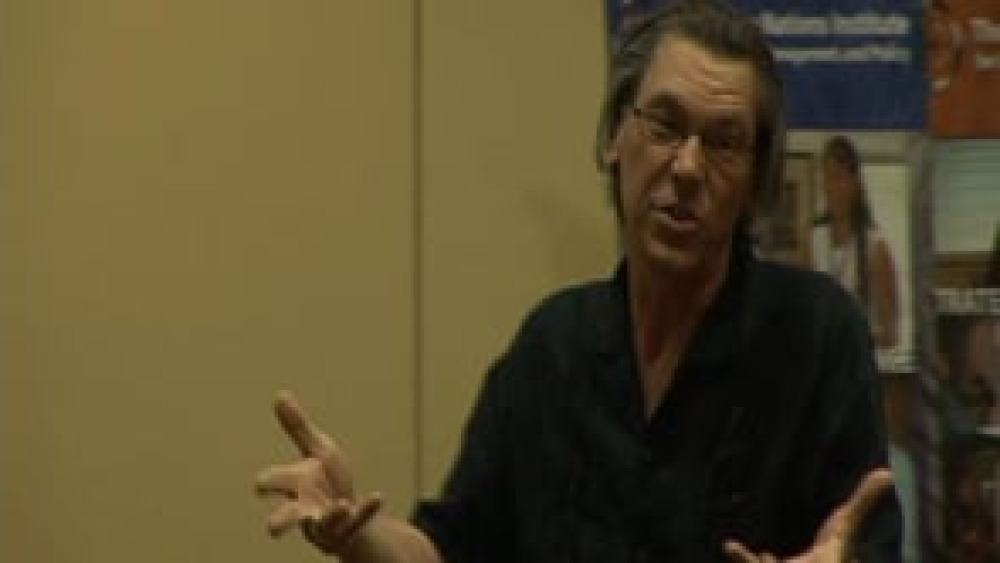
Robert A. Williams, Jr.: Law and Sovereignty: Putting Tribal Powers to Work
University of Arizona Professor of Law Robert A. Williams, Jr. provides an overview of the U.S. government's centuries-long assault on tribal sovereignty -- in particular the ability of Native nations to make and enforce law -- and stresses the importance of Native nations systematically building…
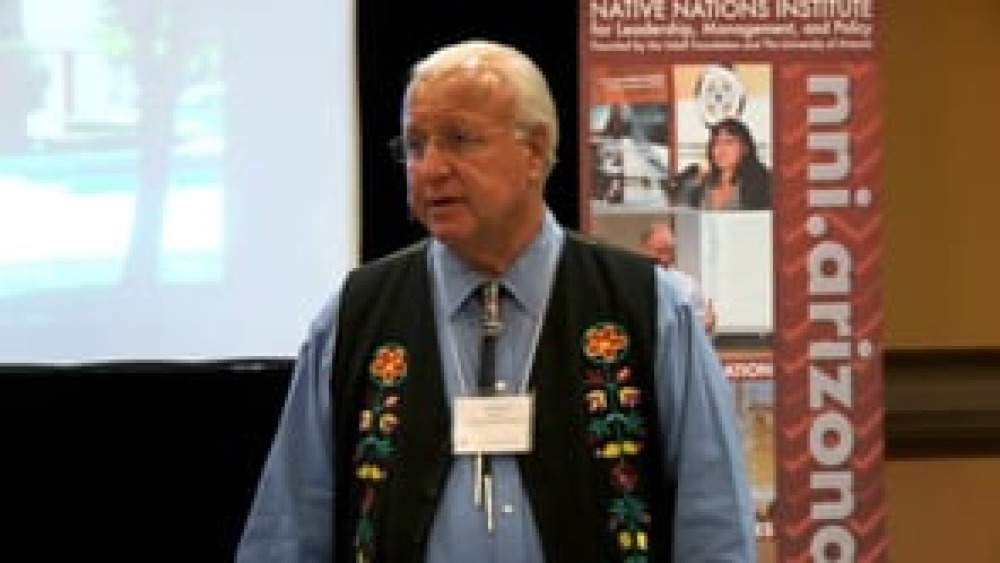
John "Rocky" Barrett: A Sovereignty "Audit": A History of Citizen Potawatomi Nation Governance
Citizen Potawatomi Nation Chairman John "Rocky" Barrett shares the history of the Citizen Potawatomi Nation and discusses its 40-year effort to strengthen its governance system in order to achieve its goals.
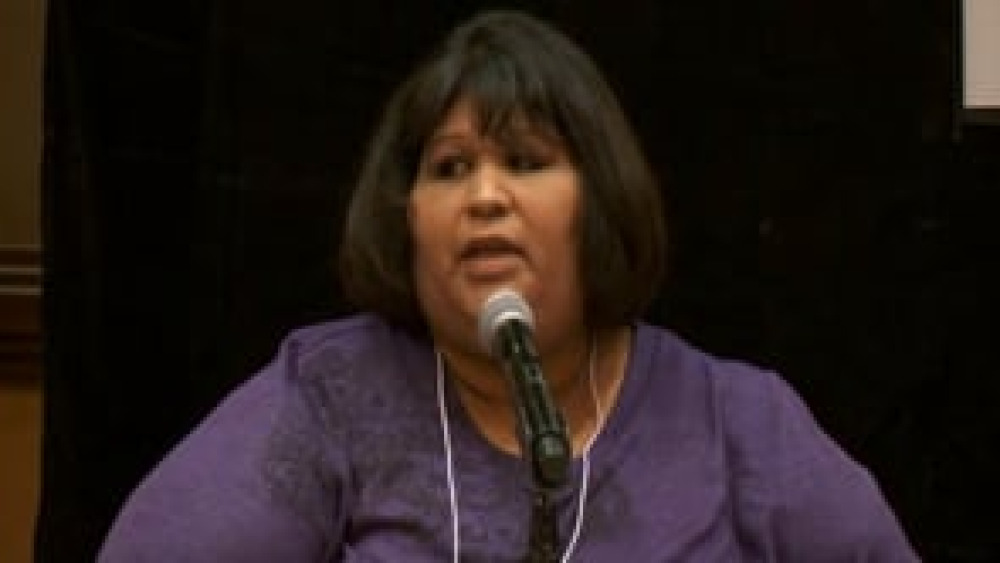
Catalina Alvarez: What I Wish I Knew Before I Took Office
Vice Chairwoman of the Pascua Yaqui Tribe Catalina Alvarez shares what she wishes that she knew before she first took office, and focuses on the importance of elected leaders understanding -- and confining themselves to performing -- their appropriate roles and responsibilities.
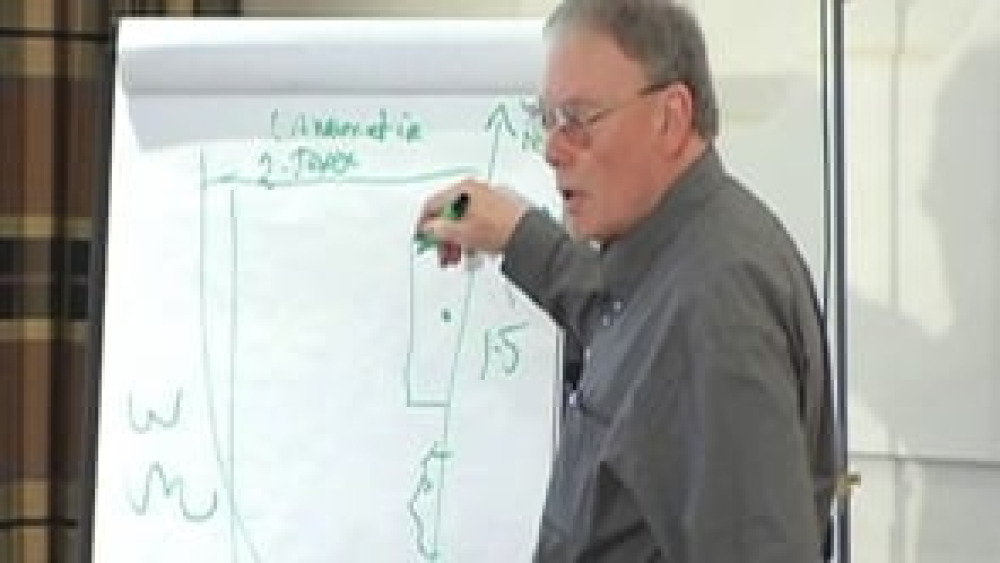
Michael Taylor: Nation-Owned Businesses: Quil Ceda Village
Tulalip Tribal Attorney Michael Taylor discusses Tulalip's rationale for taking the unique step of creating Quil Ceda Village, a federally chartered city, and the benefits this approach has brought the Tulalip Tribes.
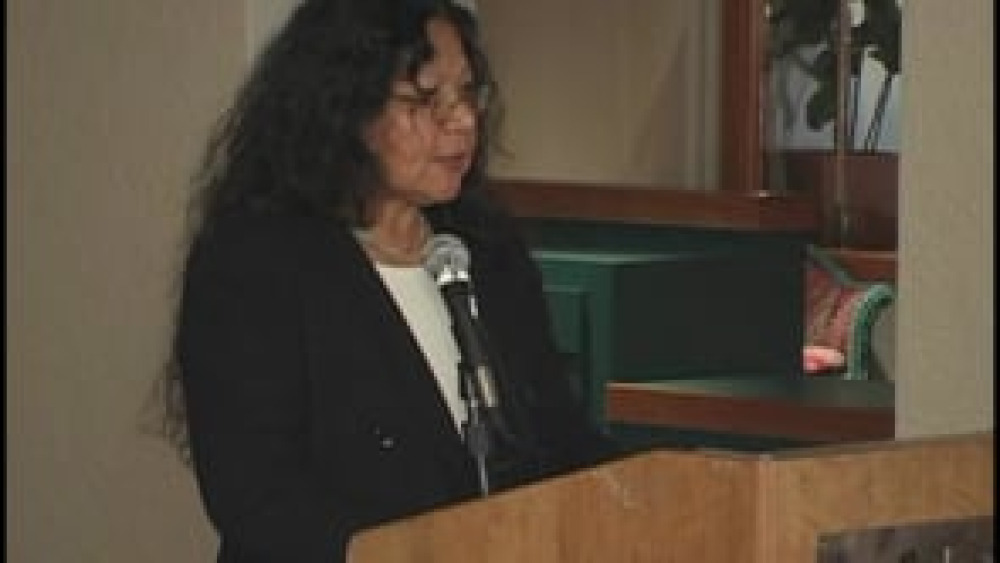
Diane Enos: Salt River Pima-Maricopa Indian Community Economic Development
Salt River Pima-Maricopa Indian Community (SRPMIC) President Diane Enos provides an overview of SRPMIC's effortto build a diversified economy, the institutional keys to make that effort a success, and the cultural principles SRPMIC abides by as it engages in economic development.
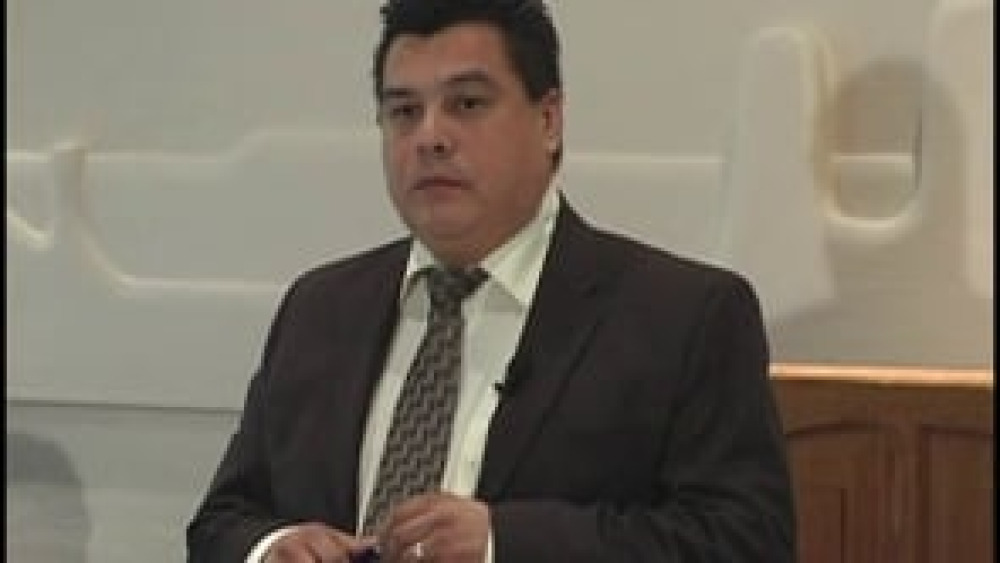
Brian Titus: Nation-Owned Enterprises: Osoyoos Indian Band Development Corporation
Osoyoos Indian Band Development Corporation (OIBDC) Chief Operating Officer Brian Titus provides an overview of OIBDC and the reasons for its success, notably the great lengths it goes to educate Osoyoos citizens about the corporation's activities and overall health.
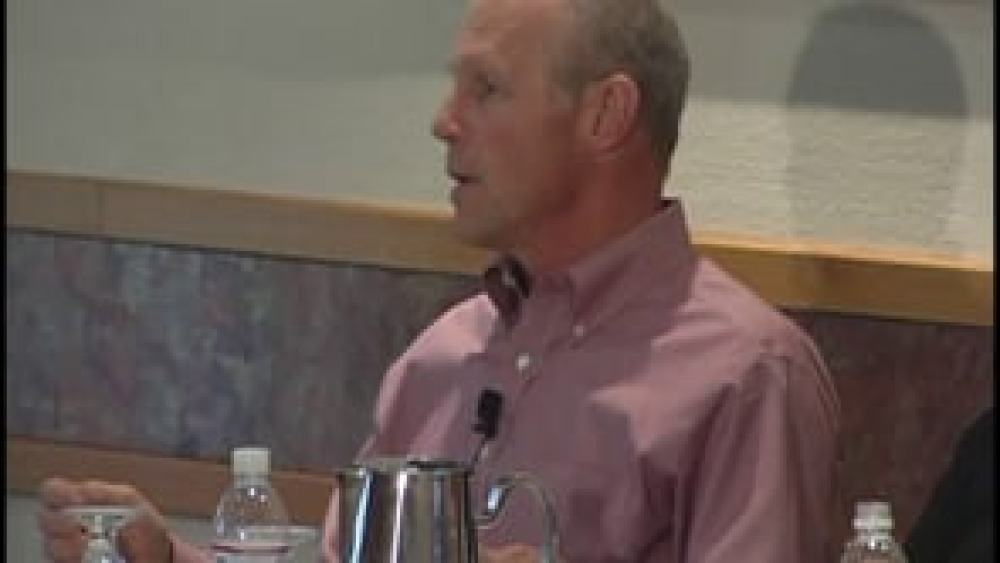
Joseph P. Kalt: The Practical Issues of Business Development - Some Things to Consider: Legal Structure
Harvard Project on American Indian Economic Development Co-Director Joseph P. Kalt discusses the types of corporations that Native nations can charter and what they should consider when deciding which type to choose.
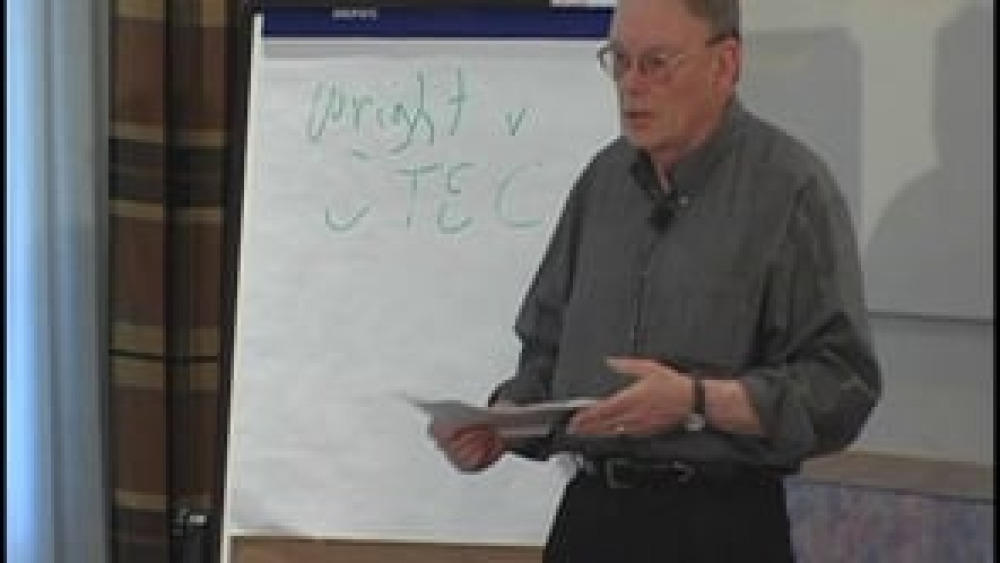
Michael Taylor: The Practical Issues of Business Development - Some Things to Consider: When to Waive Sovereign Immunity (or Not)
Tulalip Tribes' Attorney Michael Taylor explains when tribes should and should not waive sovereign immunity and why. He also discusses some effective approaches to doing limited waivers of sovereign immunity, and stresses the importance of Native nations building a track record of fair and…
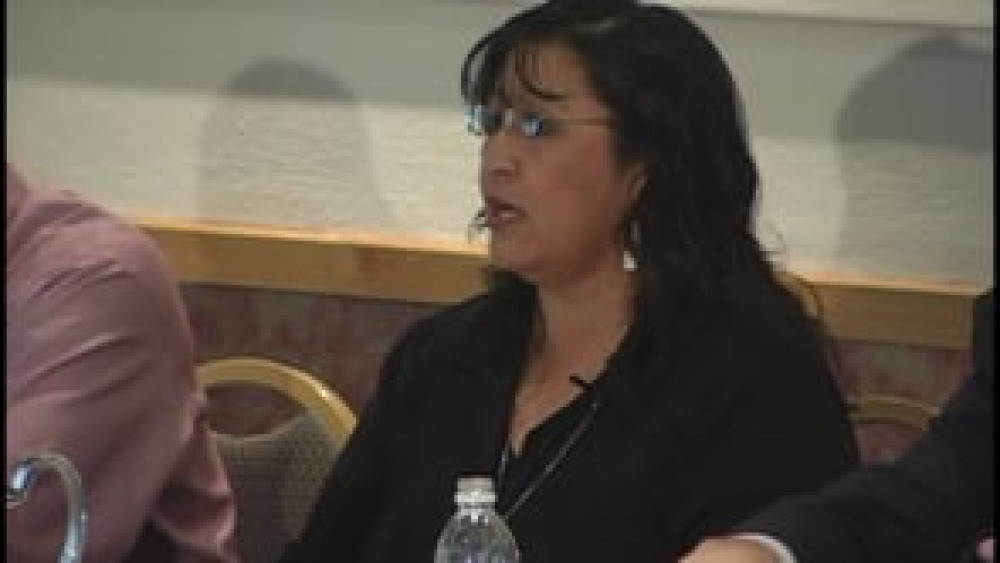
Joan Timeche: The Practical Issues of Business Development - Some Things to Consider: Governing Body
Native Nations Institute Executive Director Joan Timeche shares her experiences as a board member on two tribal economic development corporations, and identifies some key things that Native nations need to consider as they work to craft effective approaches to corporate governance.
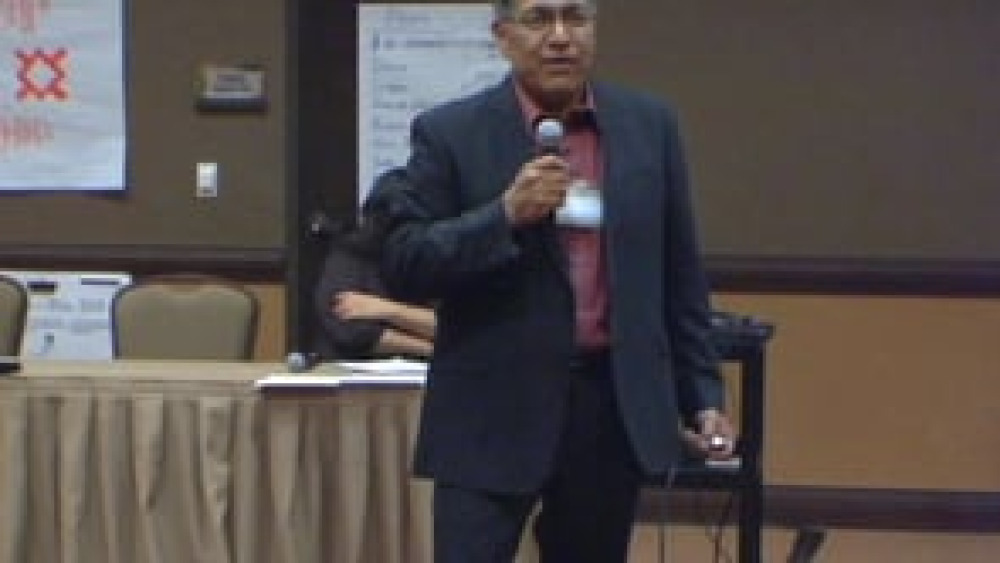
Jerry Smith: Building and Sustaining Nation-Owned Enterprises (2009)
Laguna Development Corporation President and CEO Jerry Smith shares the lessons he has learned about building and sustaining Native nation-owned enterprises, in particular the critical step of creating a formal separation between tribal politics and the day-to-day management of those enterprises.
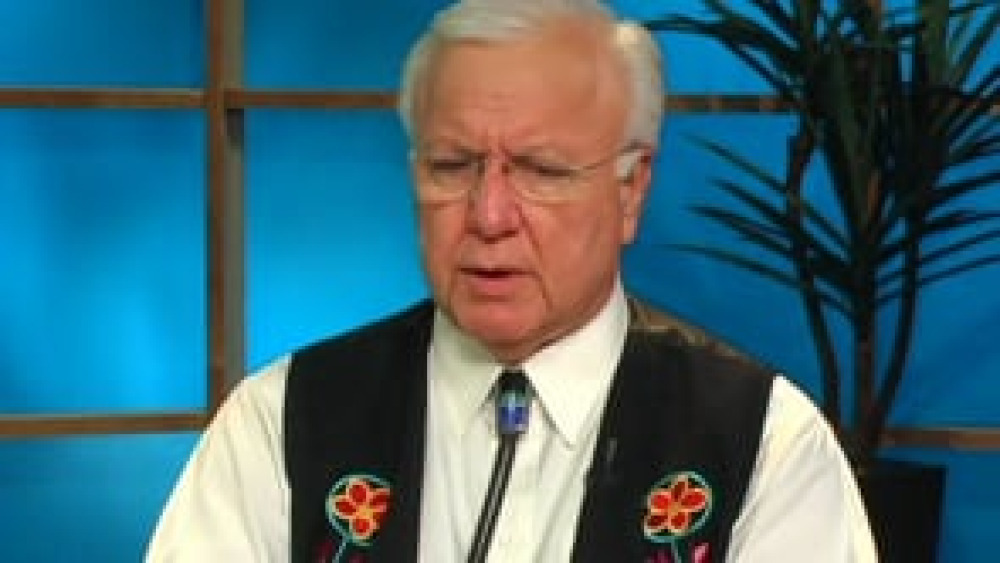
From the Rebuilding Native Nations Course Series: "Why are Some Native Nations More Successful than Others?"
Native leaders offer their perspectives on why some Native nations have proven more successful than others in achieving their economic and community development goals.
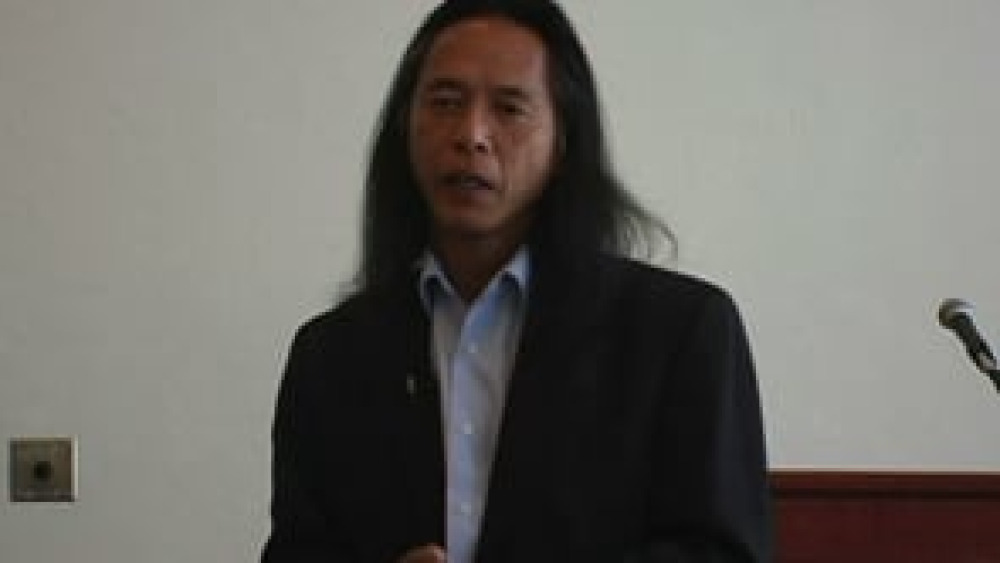
Ron His Horse Is Thunder: The Keys to Effective Governance and Economic Development: Predictability and Sustainability
Former Chairman of the Standing Rock Sioux Tribe Ron His Horse Is Thunder discusses why predictability and sustainability are so critical to effective Native nation governance and economic development.
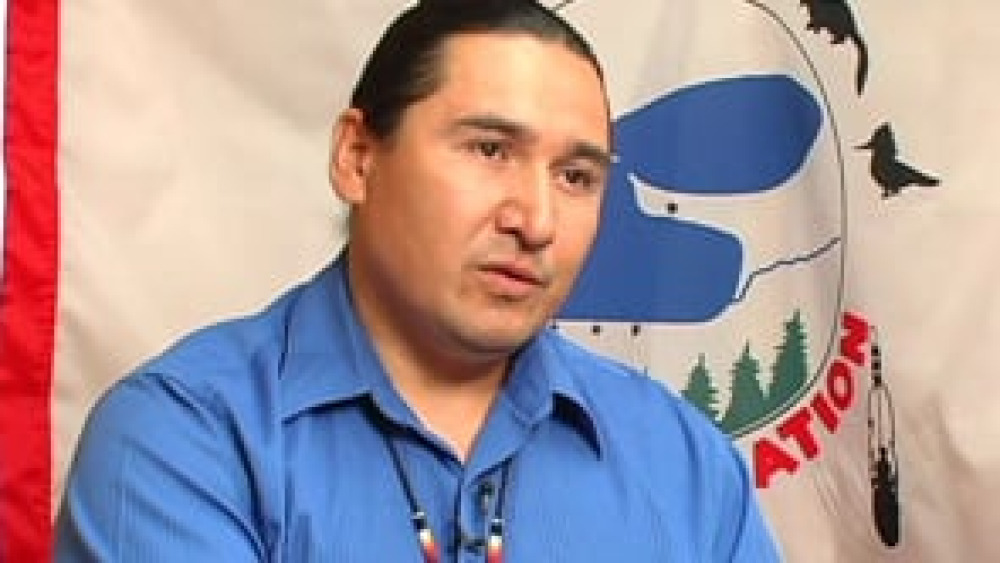
From the Rebuilding Native Nations Course Series: "Defining Sovereignty"
Native leaders offer their definitions of what sovereignty is and what it means for Native nations in the 21st century.
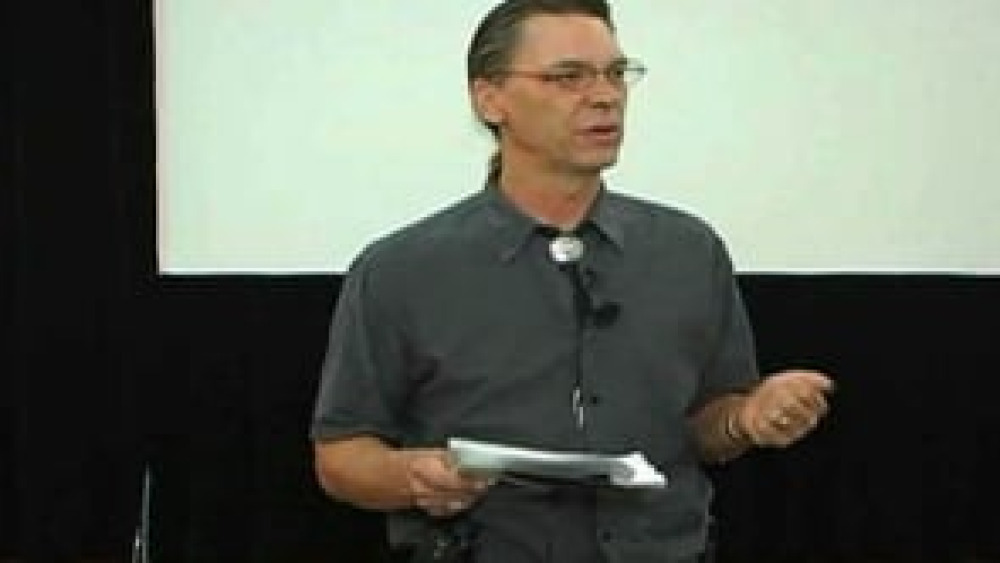
From the Rebuilding Native Nations Course Series: "Justice Systems: Key Assets for Nation Building"
Professor Robert A. Williams, Jr. discusses how an effective, independent justice system can play a pivotal role in a Native nation's efforts to exercise its sovereignty and strengthen its communities.
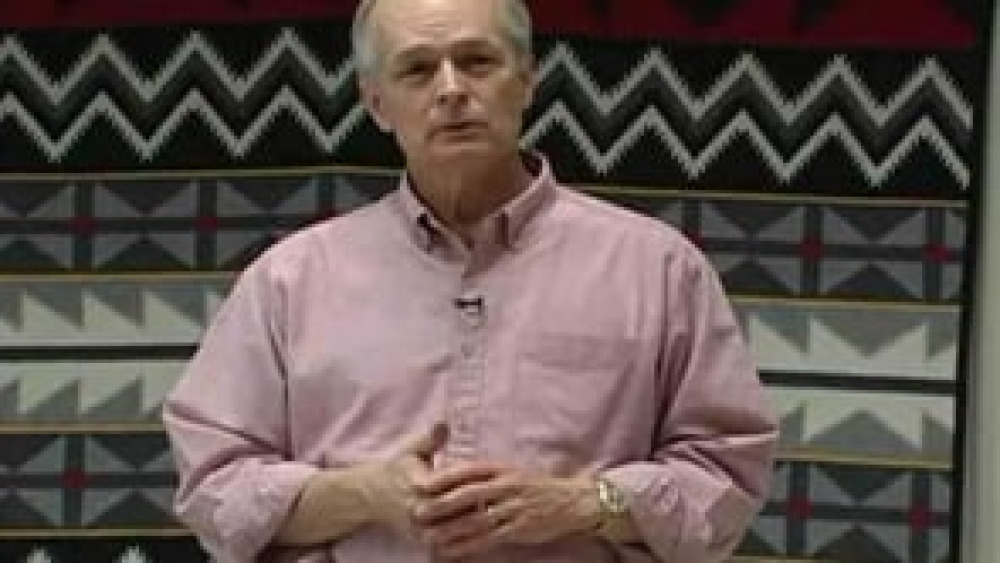
From the Rebuilding Native Nations Course Series: "Remaking the Tools of Governance: What Can Native Nations Do?"
Harvard Project on American Indian Economic Development Co-Director Stephen Cornell discusses the need for Native nations to reclaim and remake their tools of governance in order to meet the nation-building challenges they face today.
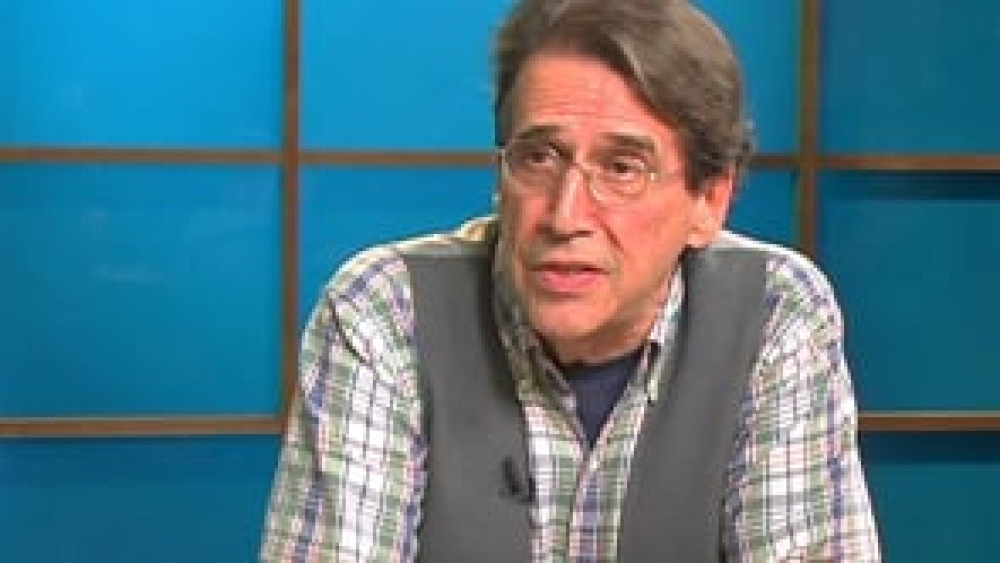
From the Rebuilding Native Nations Course Series: "Giving the Justice System the Support It Needs"
Native leaders and scholars share some critical ways that Native nations can support their justice systems to ensure their effectiveness.

From the Rebuilding Native Nations Course Series: "The Politics-Enterprise Balance"
Native leaders and scholars share their thoughts about how Native nations can effectively manage the relationship between their governments and the businesses they own and operate.
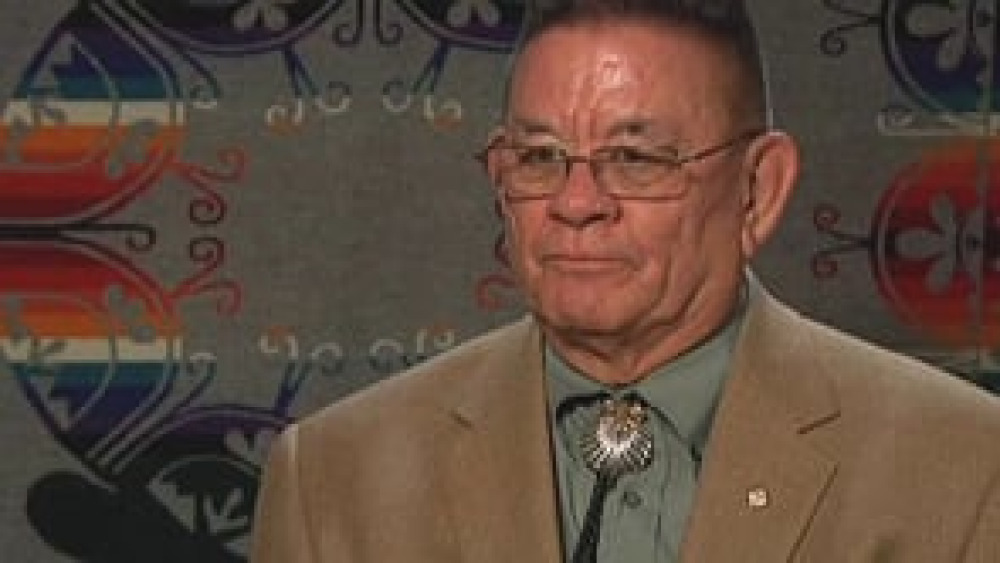
From the Rebuilding Native Nations Course Series: "What Strong, Independent and Legitimate Justice Systems Require"
Native leaders and scholars discuss what Native nations need to do to create strong, independent and culturally legimate justice systems.
Honoring Nations: Mary Etsitty: The Navajo Nation Sales Tax
Mary Etsitty, Former Executive Director of the Office of the Navajo Tax Commission, discusses how and why the Navajo Nation sales tax was established, and how the Office of the Navajo Tax Commission works to consult and educate Navajo citizens about the need for -- and benefits of -- generating…
